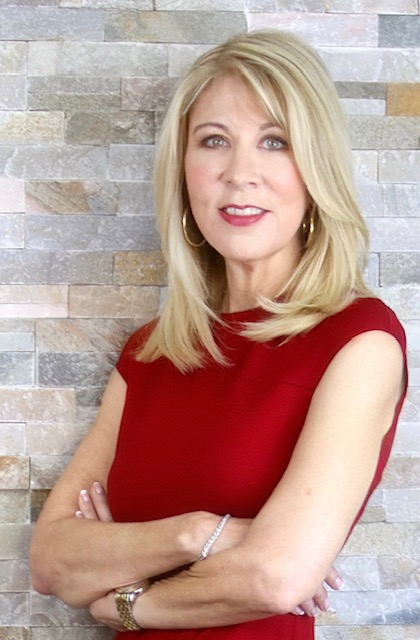
When I was a reference librarian for USA TODAY, I enjoyed working with people on both the editorial and corporate staffs of the newspaper and its corporate parent, Gannett. On the corporate side, I particularly liked working and having conversations with Janet Ioli, an executive in human resources and organizational development.
Janet and I have remained friends over the years, long after both of us left the company. She has since held executive positions in other large companies, now leads JI International/Power Presence Academy, and has published several books.
I’m particularly interested in her career as an executive coach and as a teacher (including at my alma mater, American University). Today’s organizations need the best possible management and leadership, and they are not always getting it. That makes her teaching and work particularly crucial, especially when few people can agree on what the future of work really entails.
I asked her to provide additional background on her day-to-day work, and about how today’s knowledge workers can best prepare for professional/career development.
You have considerable executive experience with large, well-known organizations. And your career, especially in recent years, seems to be highly entrepreneurial. How has your corporate experience informed your current coaching, writing, social media and related work?
Having worked in four Fortune 200 companies and in different industries has been instrumental in informing the work I do with clients in my own company today. Because of my practitioner work leading leadership and organizational development, talent management, and succession planning in these companies, I had the unique opportunity to work with thousands of leaders in mid-level and executive roles. On one level, I was leading a function and a team myself, but on another level, I was witnessing the day-to-day leadership challenges faced by the executives who were my internal clients. I liken it to having a front row seat to leadership teams in practice, as well as being on the field myself. It was two decades of practical field research watching leadership and organizational development in action.
As a result of this field work as I call it, I bring a very practical, realistic, and business-oriented approach to my work. While I ground my own knowledge with theories and academic research, I find that my ability to translate that information to fit the real organizational context leaders are operating in is invaluable.
How does your teaching at American University and elsewhere affect your other work, and vice versa? Related to that, how do you meet the challenge of time management when you are teaching and also carrying out your other work?
The work I’ve done with American University’s Key Executive Leadership Program and now with the University of California at Irvine’s Merage School of Business’ Leadership Development Institute is all in the executive education realm. By that I mean that the students are already leaders in organizations, and are pursuing certificate programs as part of their development of executives. The university work allows me to make sure I stay immersed in the latest research yet apply a pragmatic practitioner lens and adult learning philosophy to the sessions. I initiated the Women’s Leadership Certificate Program at UCI and my work in that program is another way to help inspire, empower, and continue to support women leaders in organizations, which is something I am personally committed to.
Because the executive education classes I teach are usually no more than a week long, the time management aspect is not really as intense as it would be if I was teaching a semester-long program and grading papers, etc. As you can imagine, my calendar is pretty jam-packed with coaching and consulting clients and the speaking work I do. Being able to schedule annual classes on the calendar in advance and plan for them is key. Since the topics I teach and the work I do are all interrelated in the people leadership domain, the university work is all complementary to my own practice.
You’ve noted the importance of reading and studying not only for when you are taking classes or working toward a degree, but for one’s own professional/career development. Do you advise people (either in your writing, presentations, or directly with those you coach) on reading/studying/networking/watching relevant videos/attending conferences and other forms of self-development?
I’m a big proponent of continuous self-development. As someone with a deep grounding in human development, I believe that leadership development starts with human development. That development is a lifelong process and is a journey of expanding consciousness. To expand our own consciousness, we must continuously challenge our own beliefs, values, and perspectives and take in new information not just as knowledge, but as a mechanism to self-reflect and change. I not only advise people to continuously read, study, network, attend conferences, watch videos, etc., but also to spend time self-reflecting on their own day-to-day actions in the context of all that information. Adding more information is important. But there is a point where the container the information is being poured into must expand and change shape. I believe that only happens with deeper inner work and self-examination.
